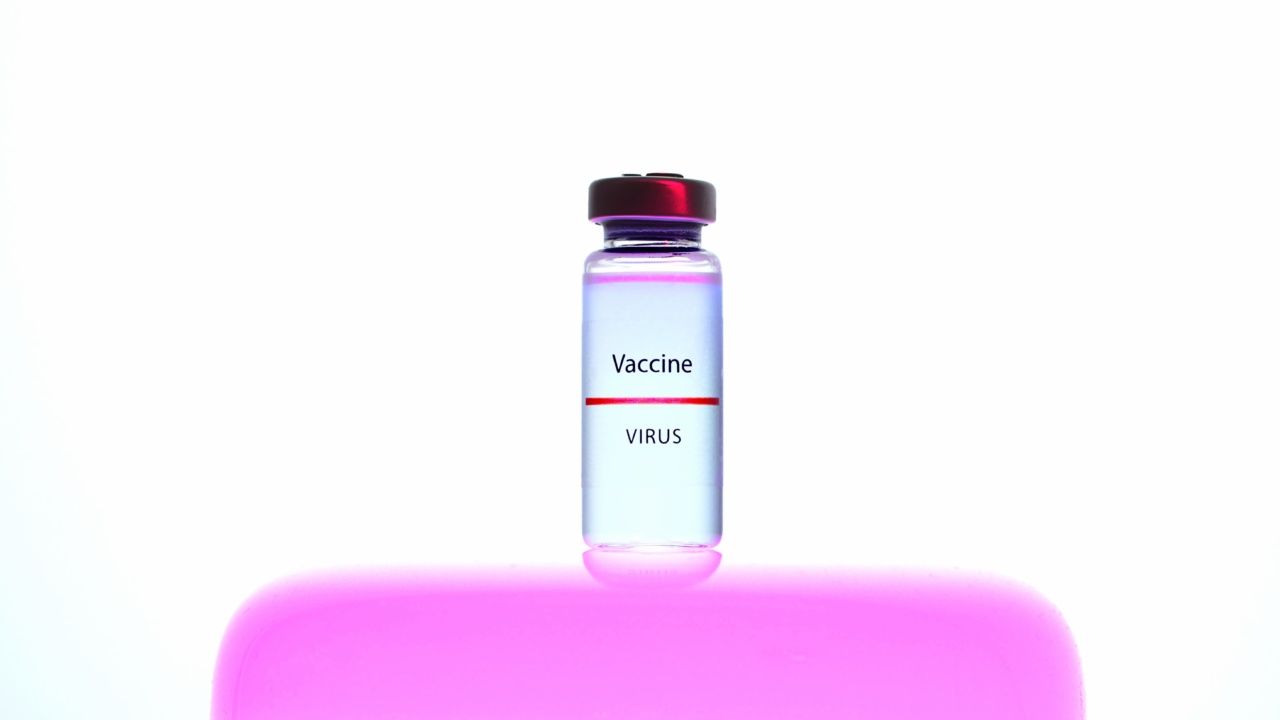HIV, which stands for Human Immunodeficiency Virus, continues to be a major global health issue, with approximately 38 million people worldwide living with the virus. Over the years, significant progress has been made in HIV treatment and prevention.
However, finding a cure for the disease remains a challenge.
The Current Landscape of HIV Therapy
HIV is a virus that attacks the immune system, specifically the CD4 cells, which play a crucial role in fighting infections. Antiretroviral therapy (ART) is the cornerstone of HIV treatment.
ART involves a combination of different antiretroviral drugs that help people living with HIV lead healthier and longer lives. These drugs work by inhibiting the replication of the virus, reducing its concentration in the body, and allowing the immune system to recover.
While ART has revolutionized HIV treatment, allowing individuals with HIV to live longer and healthier lives, it is not without limitations.
The need for lifelong adherence to the medication regimen, potential side effects, drug resistance, and the high cost of treatment present ongoing challenges.
The Promise of Antibody Therapies
Amidst these challenges, there is a growing body of research focused on developing innovative approaches to combat HIV. One such promising avenue involves the use of antibodies as a new therapeutic option for HIV treatment.
Understanding Antibodies
Antibodies, also known as immunoglobulins, are Y-shaped proteins produced by the immune system to recognize and neutralize foreign substances like bacteria and viruses.
They are highly specific and can recognize and bind to unique targets known as antigens.
Researchers have been exploring the potential of utilizing antibodies to fight HIV for years. These efforts have led to the recent development of a revolutionary antibody known as VRC01.
The Exceptional Properties of VRC01
VRC01 is a broadly neutralizing antibody, which means it can effectively neutralize a wide range of HIV strains. It targets a specific site on the virus called the CD4 binding site, preventing the virus from entering human cells and infecting them.
What makes VRC01 particularly remarkable is its ability to neutralize 90% of known HIV strains and its potential for extended half-life in the body. This attribute makes it an exciting prospect for HIV treatment.
Promising Results from Clinical Trials
Clinical trials involving VRC01 have yielded promising results. In a phase 1 study, VRC01 was well-tolerated and demonstrated the ability to reduce the viral load in study participants.
Additionally, its prolonged half-life suggests the potential for less frequent administration compared to traditional antiretroviral drugs.
These initial findings have sparked enthusiasm in the scientific community, and further research is underway to explore the full potential of VRC01 and similar antibodies.
The Potential Impact of Antibody Therapies
If successfully developed and approved, antibody therapies like VRC01 could potentially transform the landscape of HIV treatment. Here are some ways in which these therapies could make a difference:.
1. Enhanced Treatment Options
The introduction of antibody therapies would significantly expand the range of treatment options available to people living with HIV.
This could be particularly beneficial for individuals who face drug resistance or adverse reactions to existing antiretroviral drugs.
2. Reduced Pill Burden
The burden of daily medication is a significant challenge for individuals living with HIV.
Antibody therapies could offer a novel approach that requires less frequent administration, thus reducing the pill burden and potentially improving adherence to treatment regimens.
3. Possibility of a Functional Cure
While current HIV therapies effectively suppress the virus, they do not eliminate it from the body. Antibody therapies could hold the key to achieving a functional cure, which involves controlling the virus without the need for lifelong treatment.
4. Prevention of Transmission
Antibody therapies could also play a crucial role in preventing HIV transmission.
By neutralizing the virus and blocking its entry into human cells, these therapies could be used as a form of pre-exposure prophylaxis (PrEP) to protect individuals at high risk of infection.
Challenges and Considerations
While antibody therapies show great promise, there are several challenges and considerations that need to be addressed:.
1. Cost and Accessibility
Developing and manufacturing antibody therapies can be expensive, resulting in potentially high costs for patients.
Ensuring their accessibility and affordability, especially in resource-limited settings, will be crucial to their effective implementation.
2. Long-Term Safety and Efficacy
Long-term safety and efficacy data are still limited, and further research is needed to fully understand the potential risks and benefits of antibody therapies.
Ongoing monitoring and evaluation will be essential to ensure their continued effectiveness and safety.
3. Combination Approaches
Combining antibody therapies with other treatment modalities, such as traditional antiretroviral drugs or novel gene therapies, may yield even more significant benefits.
Research into these combination approaches is ongoing and will be vital in optimizing treatment outcomes.
The Road Ahead
The development of antibody therapies represents a significant advancement in the field of HIV research.
While challenges remain, the potential benefits they offer in terms of enhanced treatment options, reduced pill burden, and the possibility of a functional cure make them a promising avenue for transforming HIV therapy.
As ongoing research and clinical trials continue to shed light on the safety, efficacy, and long-term impact of these therapies, the hope for a world without the burden of HIV grows stronger.




























